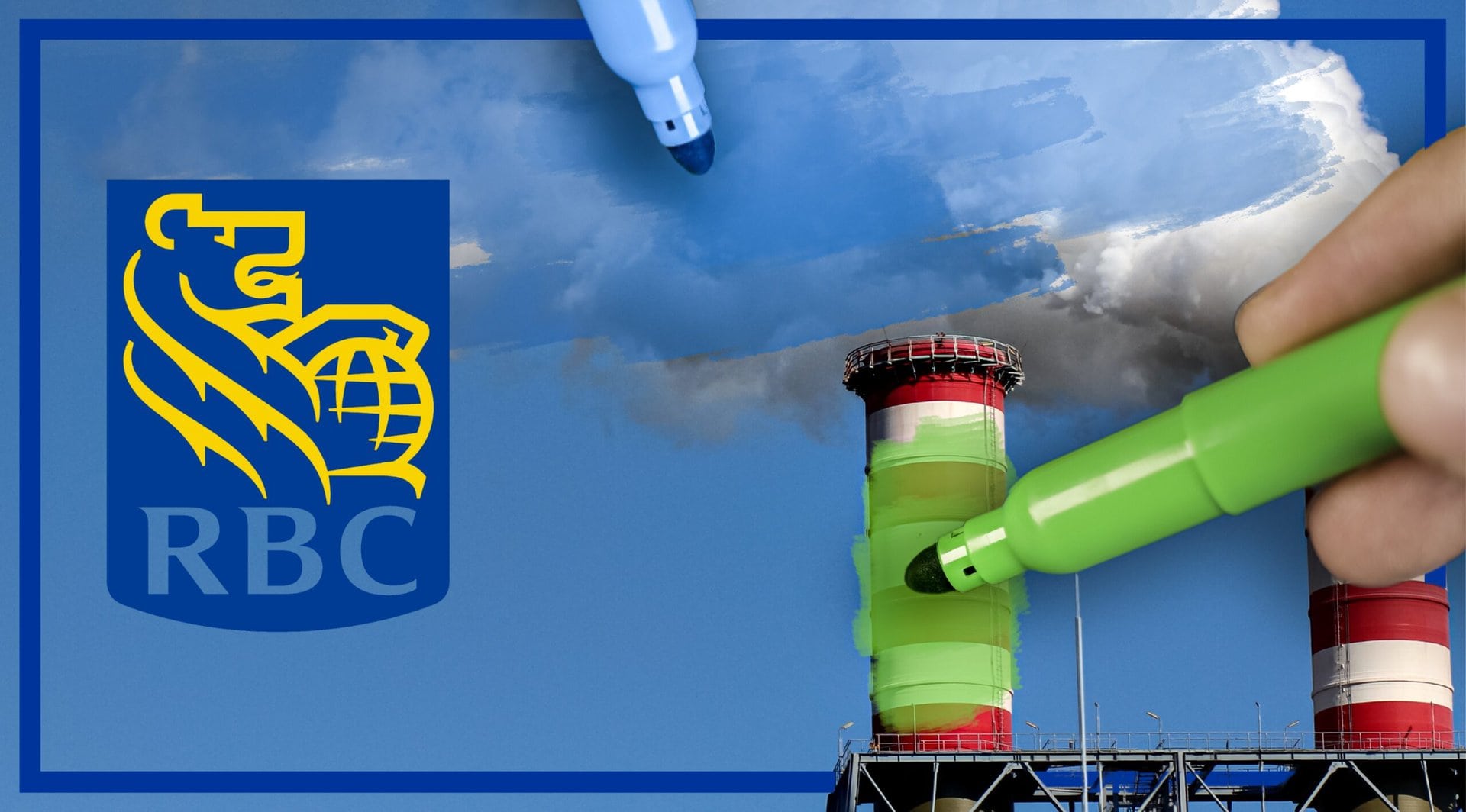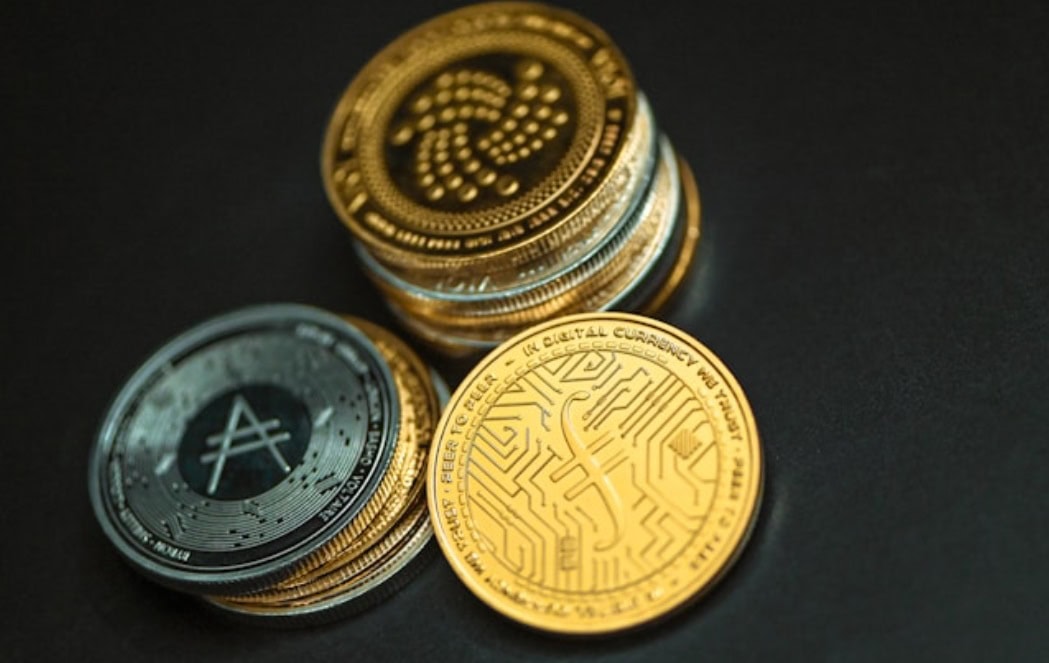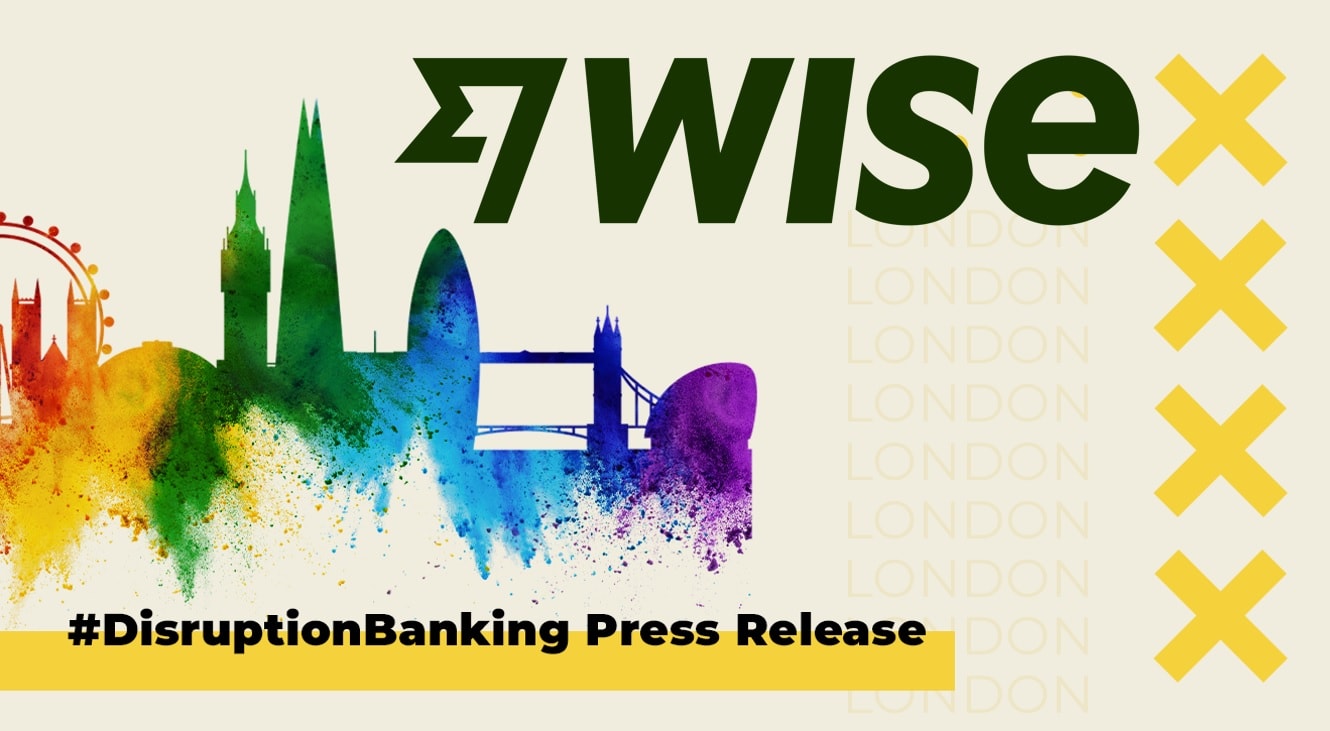Find yourself on any website within the financial sphere, and you’d be hard-pressed not to find a stock image of wind turbines beneath the name of a financial institution, purveying its sustainability credentials. Yet one of those institutions, the Royal Bank of Canada, has found itself in legal bother over greenwashing claims. Canada’s Competition Bureau has opened an inquiry into the country’s biggest bank’s continued financing of fossil fuels, while claiming to support the Paris Agreement. The landmark case opens the pathway to an ad-hoc approach by courts worldwide, by clamping down on greenwashing in the absence of legislation. The six applicants in the case are also asking the Competition Bureau to assess a C$10 million fine against the bank.
RBC advanced US$84.8bln to fossil fuel projects in 2021 through loans, investments, and other means, according to Stand.Earth, an environmental organisation. Though RBC said it had committed C$500bn of finance for sustainable development by 2025 among other interim emission reduction targets for 2030, CEO Dave McKay said the bank will not yet “divest completely away from fossil fuels.”
Greenwashing cases are not new for Canada’s competition regulator. Earlier this year, Keurig Canada was ordered to pay a $3 million penalty for falsely claiming its single-use K-Cup pods can be recycled. Yet, given the stature of RBC nationally and globally, the ruling could impact other regulators and multilateral initiatives. One of those is Mark Carney’s Glasgow Financial Alliance for Net-Zero (GFANZ).
The former Canadian Central Bank Governor’s group was expected to move from voluntary to mandatory rules, but it announced at COP27 that members no longer have to be signed up to the UN’s Race to Zero. This comes as the Race to Zero tightened its criteria for members, adding a requirement to publish a transition plan within 12 months of joining the campaign, and restricting the development and financing of new fossil fuel assets. Lying within the broad institutional alliance, the Net Zero Banking alliance has published its first report that takes little account of current fossil fuel financing, despite stringent commitments.
So amidst the sprawling cacophony of self-reporting initiatives, bodies and standards, it seems unlikely that RBC will be booted out. That leaves the burden passed onto the courts and legislators to punish malfeasance and create a framework for standards and enforcement.
The end of Greenwashing?
The case is unique because most litigation has focused on the asset management sector, regarding the mislabeling of funds. Others have focused on D2C e-commerce products flouting their green packaging, or the oil and gas companies themselves. Crucially, this is the first major bank to be taken on for lending to major projects.
RBC’s case is complicated by its prior commitments, particularly regarding indigenous communities and coal financing. First, the bank has committed to working with its clients to respect the principles of Free, Prior, and Informed Consent (FPIC) by Indigenous Peoples. The claimants will likely refer to the $1.5 billion financing to pipeline company Enbridge, $1.1 billion of which was “sustainability linked.” The deal for the Line 3 project resulted in outrage among the indigenous communities, ending in a minority stake being sold to almost two dozen communities, in a first-of-its-kind transaction.
Yet one of the claimants in the new case did not acquiesce. Kukpi7 Judy Wilson, Secretary-Treasurer of the Union of BC Indian Chiefs said: “RBC must be accountable to their direct contributions to the endangerment of Indigenous Title and Rights, health, and welfare by immediately adopting the principle of FPIC and taking substantive action to stop funding industrial megaprojects that do not have Indigenous consent.”
At the core of the argument will be the “sustainability linked” section of a loan for an oil pipeline. This novel debt instrument took off in Canada from as early as 2018, where the price is determined by certain ESG metrics. Unlike Green Loans, where the proceeds are used for green projects, the SLL is more agnostic on what the funds are used for, enabling the decarbonisation and adaptation of non-traditionally “Green” sectors. Yet, this flexibility allows for greenwashing, which may see the instrument decline, with mass greenwashing across the board.
Coal
The second element of the case is coal financing. Between October 2018 and October 2020, RBC financed C$14 billion in coal projects. It is the 12th largest coal lender in the world. This is significant because in the Net Zero by 2050 scenario, all coal production is phased out by 2030. Still, RBC may be able to argue that claims are spurious, while projecting rapid phase-out timelines for coal projects, with a precipitous wind down of Alberta production.
Elsewhere, claims against coal financing are popping up. A German consumer group is suing Deutsche Bank’s asset-management unit DWS for allegedly misrepresenting an investment fund’s green credentials in marketing materials. The suit, filed in October 2022 to the DWS Invest ESG Climate Tech fund, claims the asset manager’s marketing materials simultaneously indicate the fund invests 0% in coal but that fund holdings may include companies that derive 15% of their revenue from coal. It may emerge that coal financing becomes the low-hanging fruit of climate litigation over the coming years.
While national Governments and financial institutions continue to posture, there remains a tacit understanding the economy is largely still dependent on hydrocarbons, exacerbated by the Russian invasion. Still, geopolitical realities have no bearing on the gap between claims and action, which can be punished in the courts. The RBC ruling, though, would be significant despite the nominal impact on its bottom line. The Canadian judiciary may open the floodgates to claims against banks across the world. In Canada, however, the journey from fossil fuel exporter and financier may be accelerated by those on the benches, rather than its venerable former central banker.
Author: Tal Feingold
#Canada #RBC #Greenwashing #ESG #NetZero















